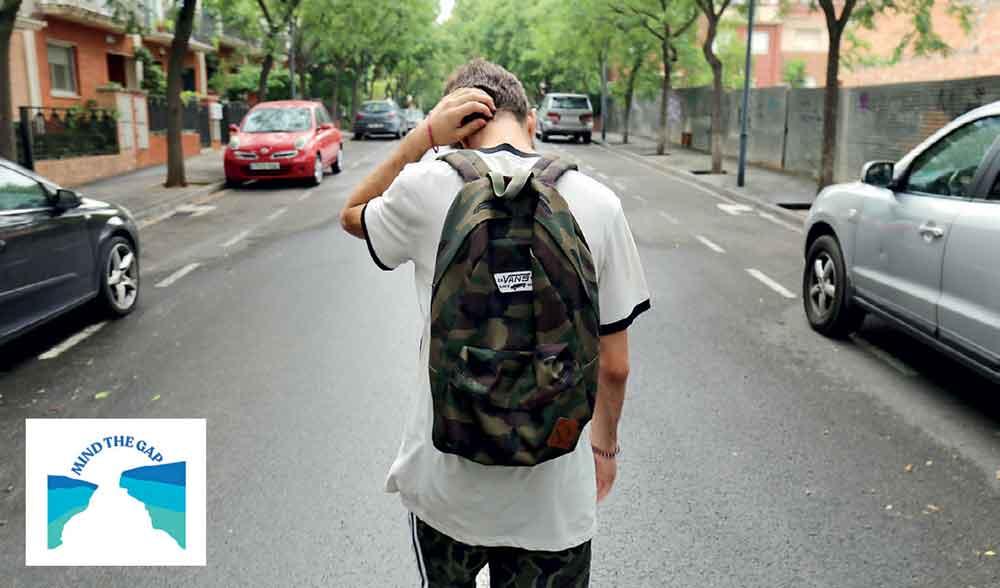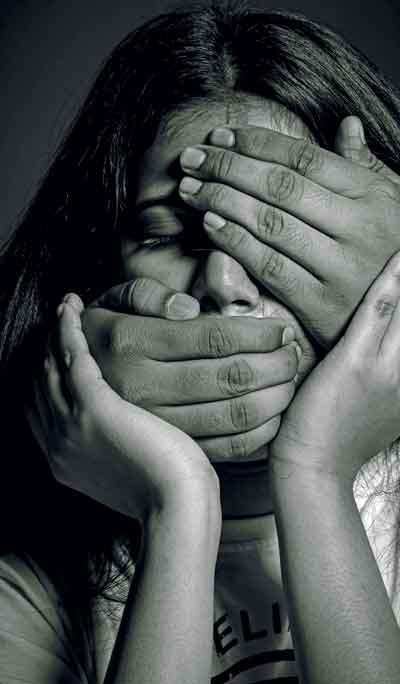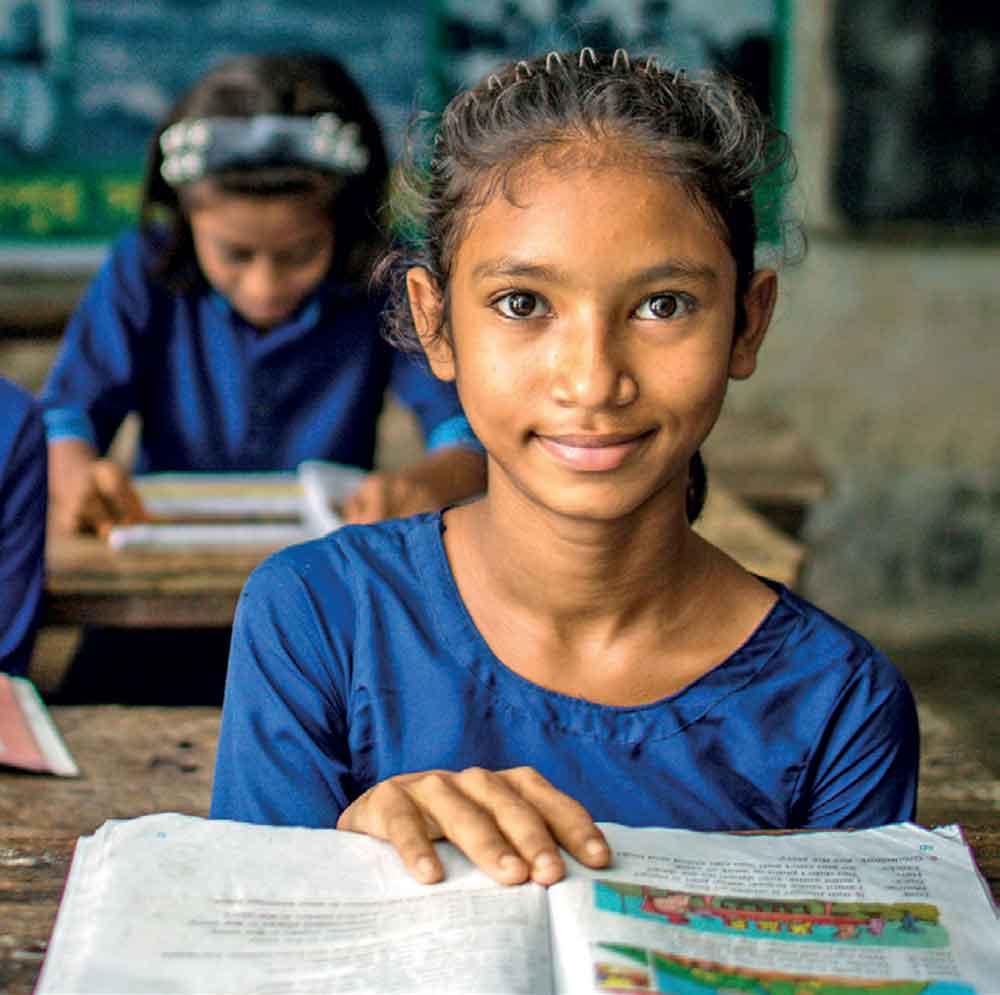
Our teen years are some of the most important years of our lives- we spend them learning who we are and what we stand for, as well as where our interests and skill sets lie. It is an incredibly exciting time, yet it is not without its fair share of challenges. Understanding these pressures and learning healthy coping mechanisms are essential for fostering resilience and well-being.
Academic pressure is one of the most well-known contributors to teen mental distress. Sri Lanka’s education system is highly competitive and often places unrealistic expectations on students resulting in burnout and low self-esteem.
 Traditional family values are another key stressor. Teenagers In Sri Lanka are often encouraged to pursue careers deemed ‘respectable’ such as those in medicine or law, resulting in a lack of opportunity for students with alternate career interests. These students end up feeling discouraged and frustrated when left with no choice but to pursue a career that does not align with their interests and skill sets.
Traditional family values are another key stressor. Teenagers In Sri Lanka are often encouraged to pursue careers deemed ‘respectable’ such as those in medicine or law, resulting in a lack of opportunity for students with alternate career interests. These students end up feeling discouraged and frustrated when left with no choice but to pursue a career that does not align with their interests and skill sets.
Economic challenges are another factor leading to poor mental health in Sri Lankan teenagers. Many families face financial instability, resulting in teenagers being required to balance studies with work. This often results in burnout and sleep deprivation as well as anxiety about the future.
Other stressors include both in-person and online peer pressure, comparison and bullying, as well as future uncertainty resulting from Sri Lanka’s recent political and economic instability.
Being able to identify the warning signs of mental distress in teenagers is the first step in combating it. Such signs include social withdrawal, a drop in academic performance, changes in sleep and eating habits, frequent changes in mood, a lack of interest in hobbies and fatigue.
Being able to identify the warning signs of mental distress in teenagers is the first step in combating it.
Encouraging good mental wellbeing for teenagers starts with open communication. Healthy, transparent dialogue between a teenager and their parents, teachers and other trusted adults can aid them in feeling understood and able to seek out help when they need it. Setting realistic goals that prioritise progress over perfection and creating schedules to aid time management are proven ways of combatting academic pressure.
Further, promoting holistic wellbeing through a healthy sleep routine, balanced diet and frequent movement will result in teenagers feeling more energised and clearheaded, in turn improving their state of mind. Creative outlets such as art or sport are also instrumental in building confidence, providing peer support, and allowing for self-expression.

Of course, it is vital that professional mental health support is readily available to teenagers who need it. Students should be encouraged to visit school counsellors and information regarding helplines, telehealth platforms and relevant in-person institutions should be readily available.
Implementing mental health education programs and anti-bullying policies, appointing key safeguarding personnel, and having designated safe spaces in schools are other ways in which teenagers experiencing mental distress can feel supported.
Improving teenage mental health in Sri Lanka is of critical importance and achieving this requires collective effort and a multi-faceted approach. By acknowledging the challenges teenagers face and promoting healthy coping mechanisms, we can help young people navigate this formational part of their lives with confidence and peace of mind.











